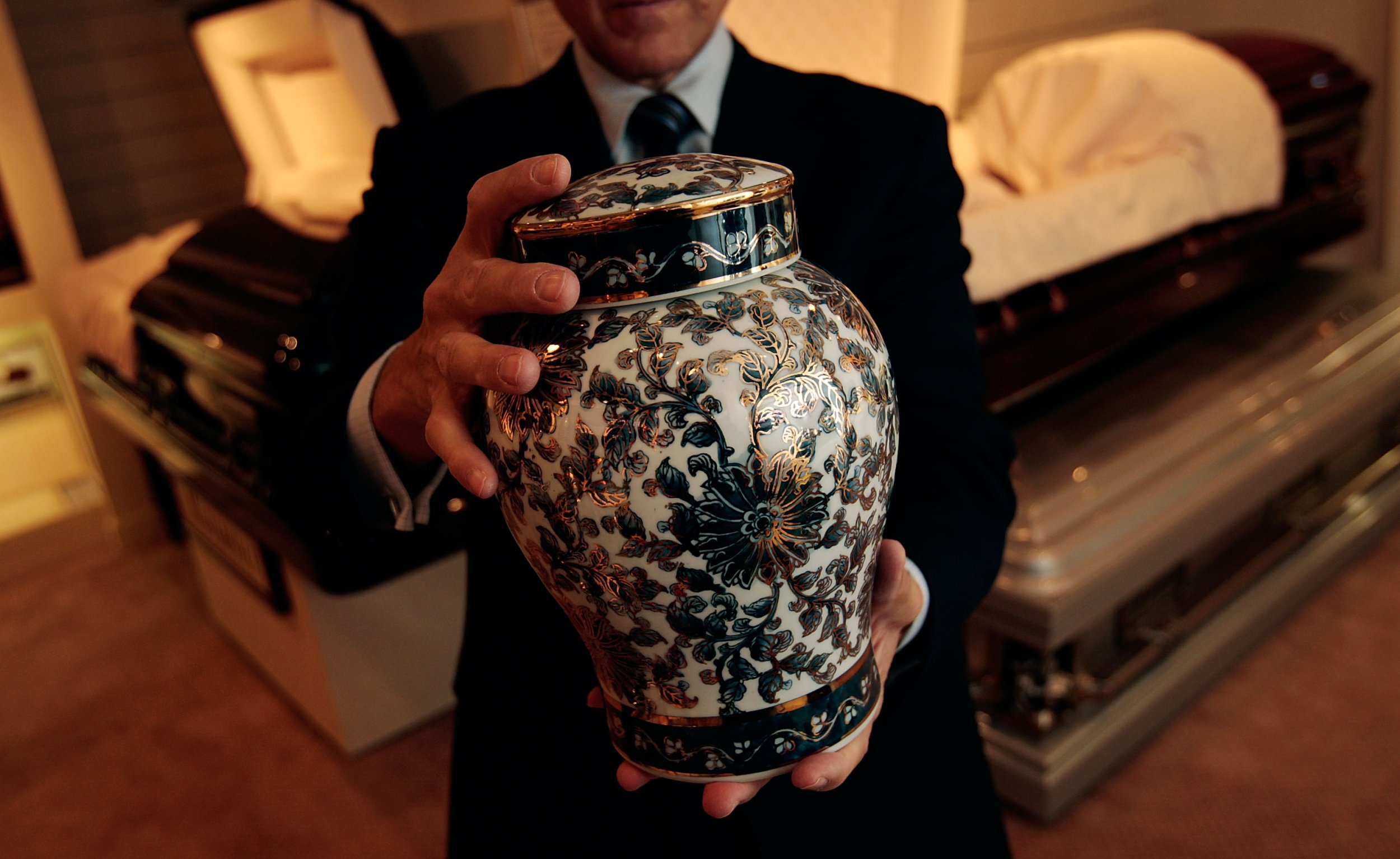
A crematorium in England wants to dispose of dead bodies by liquefying them in a process called alkaline hydrolysis. Just one problem, the city's water officials have refused to allow the liquefied remains to be flushed away with regular sewage and returned to the public's water system.
If cremating dead bodies by liquefying them and flushing them away sounds shocking to you, take note that the practice is already legal in 15 U.S. states, including California, Florida, Minnesota and Maine, Healthline reported.
In England, Rowley Regis Crematorium was hoping to become the first English operation to offer the service, but Severn Trent Water, a London-based water company, has refused to allow the crematorium in the Midlands to flush human remains down the drain following liquid cremations. The denial has caused a large hiccup in the crematorium's ability to use the over $400,000 (£300,000) water cremation machine dubbed the Resomator, The Independent reported. The crematorium will have to figure out another way to dispose of liquefied body remains if the denial is not resolved.
Related: Eco-Friendly Californians Can Soon Have Their Dead Bodies Liquefied As A Burial Method
Water cremation involves using lye, 300 degree heat and 60 pounds of pressure per square inch to essentially subject bodies to a pressure cooker-style experience, ABC News reported. This liquefies everything except for bones, teeth, and artificial body parts, such as screws or rods.
Typically, liquefied remains from water cremations are twice filtered before being returned to the local water system, something English water companies are suspicious of.
"This is an absolute first in the UK, we have serious concerns about the public acceptability of this, a spokesperson for Water UK told The Independent. "It is the liquefied remains of the dead going into the water system. We don't think the public will like the idea."
Related: Puerto Rico Says More Than 900 People Were Cremated After Hurricane Maria
Alkaline hydrolysis is considered to be more energy efficient than traditional cremation, as the processes uses less energy and emits less harmful chemicals into the air than traditional cremation. Water cremations also take significantly less time than traditional cremations, and can be completed in under three hours.
The process has already caught on in the U.S., with California Governor Jerry Brown signing a bill in October that allowed the process to be legally recognized. The signing made California the 15th state to allow water cremations, The New York Times reported. However, only five of these states actually have operating facillities for water cremations to take place: Florida, Illinois, Minnesota, Maine, and Oregon, Healthline reported. The process is also done in Canada and Australia.
There are still a number of problems with this fairly new concept, as some find the idea of dissolving bodies in liquid unsavory. In New York State, a bill to that set to push this idea into legislature was once dubbed "Hannibal Lector's bill" after the infamous fictional serial killer, ABC News reported. The bill was not passed, and the process is still not allowed in New York state.
The English crematorium has not given up their plans to bring water cremations to the UK, and a spokesperson for the crematorium told The Independent that they are working closely with regulatory bodies in the UK to "explore all options" for the introduction of water cremation.
Uncommon Knowledge
Newsweek is committed to challenging conventional wisdom and finding connections in the search for common ground.
Newsweek is committed to challenging conventional wisdom and finding connections in the search for common ground.
About the writer
To read how Newsweek uses AI as a newsroom tool, Click here.








